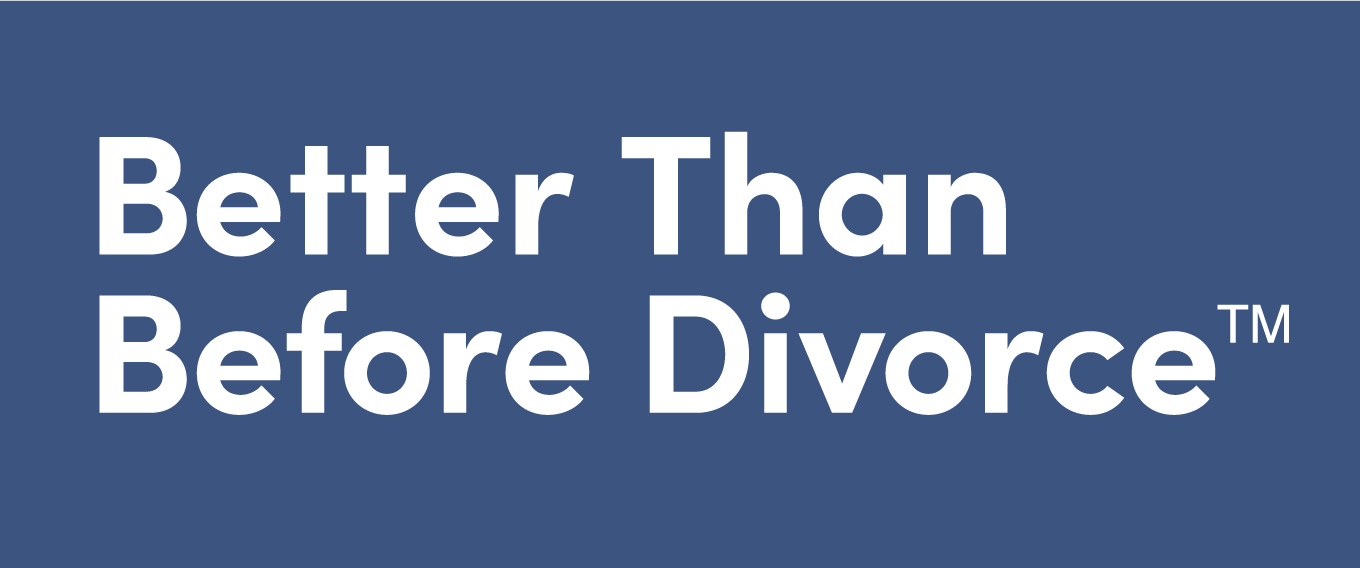In one of my favorite books, The Four Agreements, Don Miguel Ruiz shares what is essentially his code of conduct for living a fulfilling and meaningful life. In the book, Ruiz describes four agreements he suggests people use as a personal code of conduct, guiding both how we think about ourselves and act toward others.
The four agreements he outlines are:
1. Be impeccable with your word – speak with integrity.
2. Don’t take anything personally – nothing others do is because of you.
3. Don’t make assumptions – find the courage to ask questions and share what you really want.
4. Always do your best – this will change from moment to moment; for example, it will be different when you are healthy or sick.
I find these agreements are useful reminders anytime, but especially during a transition like divorce when we are often looking for answers and asking why or how something happened. Specifically, it’s easy to look for someone to blame, or go down the painful path of, “if I had only…” or “if my spouse did or didn’t do something…” Those questions can offer insights if you are looking to learn from the experience as you move forward, but they can also keep us stuck in a negative thought pattern.
I love each of Ruiz’s agreements, but for this blog I’m focusing on the danger of making assumptions.
Oftentimes we don’t realize what assumptions we bring to a situation, so it’s a great first step to recognize that your assumptions may be a factor in how you’re navigating this time.
Here are a few examples:
- Do you assume that once you share your story with the judge or your lawyer that they’ll hear you, sympathize, and make things “right?” This can be a costly mistake for many reasons: emotionally, as it is rarely accurate, and financially, too because going to court is always more expensive than coming to an agreement.
- Divorce is fair. Unfortunately, “fairness” is a subjective term that is difficult to measure. Something what feels fair to you may seem completely lopsided to someone else. Instead of judging the outcome by an elusive standard like fairness, work with your team to set specific goals that meet your needs.
- Your ex / spouse feels a certain way. For example, I have a client who is post-decree and still dealing with many coparenting challenges, including scheduling, decision-making, cost-sharing, and an approach to discipline and therapy. My client feels strongly that her ex doesn’t care as much as she does about being a good parent. But what if he just doesn’t see these issues the same way she does? Lately we have been talking about her assumption that he is picking fights in order to make her life difficult and with malice. And maybe that’s true. But what if it isn’t? What if he felt controlled in the marriage and is working on standing up for himself? What if he also believes in the fairness of his argument? What if their dynamic is preventing either of them from seeing that they both want what’s best for the kids?
In this situation my client has found some comfort in trying to believe that her ex does want what’s best for the kids. It’s allowed her to pause before automatically assuming that what he suggests is wrong and harmful.
Could you have a more productive discussion with your ex (and possibly come to resolution sooner) if you were willing to look at what assumptions you bring to the process?
It’s a Two-way Street
When I talk with clients about this they often respond with: I’ll do it but then he/she should, too.
Yes. They should. But we all know that doesn’t mean much. If you could control your ex’s behavior, would we be talking about divorce? No one can make you or your ex do anything, including evaluate your assumptions. Accepting that, and doing what is best for you, because it is best for you and not for any other reason, is where transformation happens.
Another quote from The Four Agreements is this: “If someone is not treating you with love and respect, it is a gift if they walk away from you. If that person doesn’t walk away, you will surely endure many years of suffering with him or her. Walking away may hurt for a while, but your heart will eventually heal. Then you can choose what you really want. You will find that you don’t need to trust others as much as you need to trust yourself to make the right choices.”
Are you willing to take the brave and vulnerable step of checking your assumptions during this process? It may be scary, but it’s also empowering.
Ask yourself what scares you about it. Is there one action you can take today that will help you build your confidence, so you can take another one tomorrow?
I know you’ve done hard things before, and you can do this, too. You’re worth the effort.


Andra S. Davidson
Founder, Certified Divorce Coach, Mediator
Phone: (720) 804-0133
andra@betterthanbeforedivorce.com
www.betterthanbeforedivorce.com
